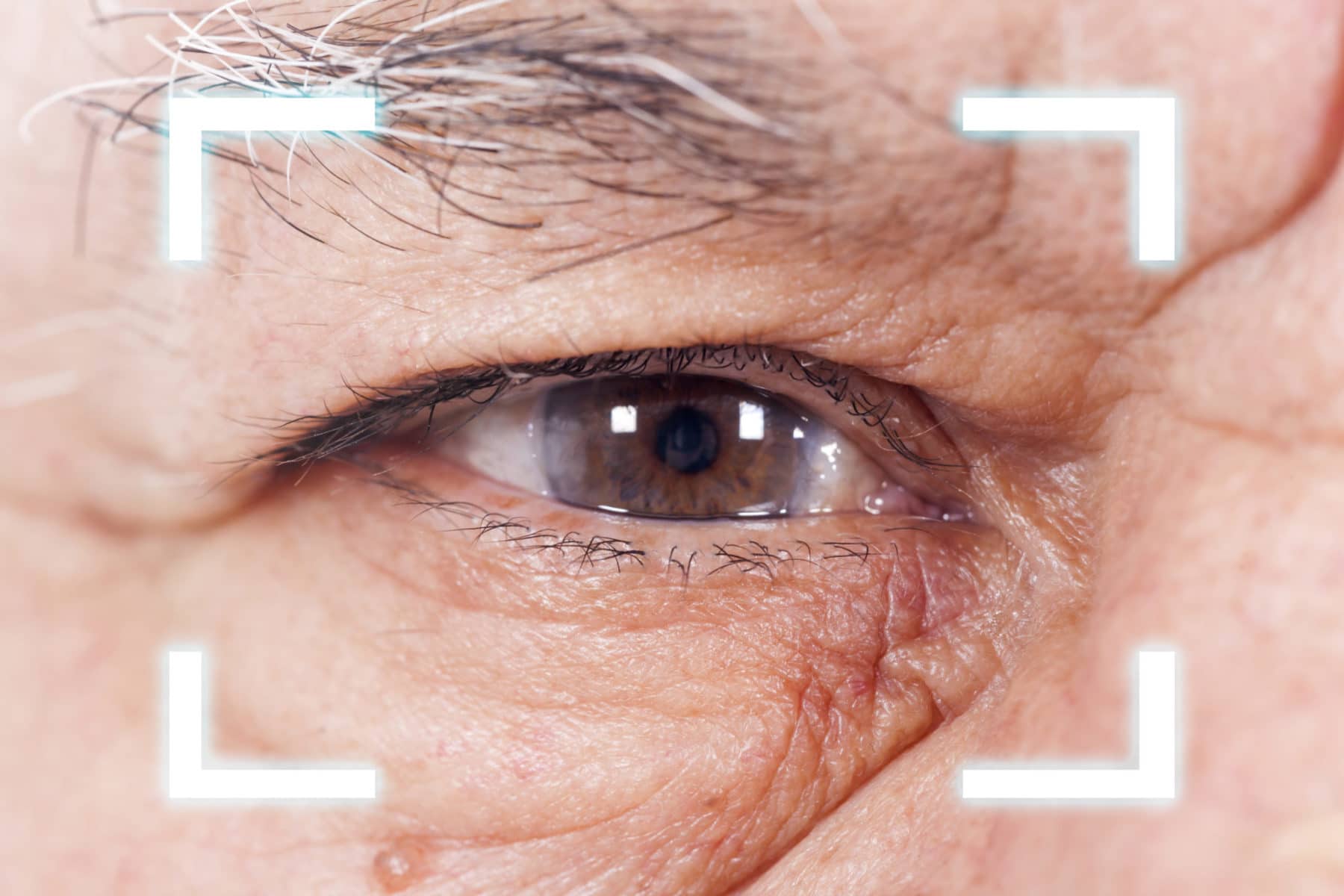Table of Contents
Who Needs Cataract Surgery in Michigan?
Getting surgery is a serious decision to make. Moreover, knowing how to talk to your eye doctor about it is essential when it comes to your physical well-being. Use this refractive cataract surgery FAQ not only as a resource but as a guide for broaching this important conversation with your eye doctor.
Book an appointment1. What is a cataract?
A cataract is an accumulation of proteins in the eye that has clumped together, turning into an opaque cloud. If cloudy enough, it can interfere with your vision and your ability to complete daily living tasks.
Early symptoms of a cataract may be:
- blurred vision
- light sensitivity
- difficulty reading
2. What causes a cataract?
The most common cause of cataract development is simply aging. Other risk factors for cataracts may include:
- excessive exposure to ultraviolet light, such as from sunlight
- smoking
- certain medications
- health problems, like diabetes or high blood pressure
3. What is cataract surgery?
Cataract surgery is a procedure meant to remove the cataract from the lens to provide unobstructed vision for the patient. There are a few different types of procedures, including small incision cataract surgery and laser cataract surgery.
During small incision cataract surgery, an incision is made into the cornea of the eye. Then, a small probe is inserted that emits ultrasound waves, breaking the cataract into tiny pieces. These pieces are suctioned out, and an artificial lens (also known as an intraocular lens) is slid into place. This is known as phacoemulsification. Most of the lens capsule, the thin outer membrane of the lens, is left within the eye. Stitches may be necessary.
Laser cataract surgery utilizes a femtosecond laser to safely remove the cataract and position the artificial lens in place with laser accuracy. The incision will self-seal immediately, decreasing risks after surgery.
4. What is refractive cataract surgery specifically?
Refractive cataract surgery begins like standard cataract surgery. However, the natural lens is replaced with an advanced multifocal lens rather than a standard synthetic lens in order to correct your vision. Refractive cataract surgery can correct shortsightedness, farsightedness, and astigmatism. The lenses are designed to last a lifetime.
5. Why does my doctor recommend surgery?
Your doctor may determine surgery is necessary based on your past and current eye health, as well as whether your cataract is affecting your ability to thrive normally.
6. What are the benefits of cataract surgery?
For a majority of patients, refractive cataract surgery restores most of their vision. The surgery may also improve your quality of life, improve your longevity, and decrease your risk of falls.
7. What are the risks of any cataract surgery?
Complications after surgery are uncommon, and most can be successfully treated. These include:
- inflammation or infection
- eye redness
- bleeding
- swelling
- dislocation of the implanted lens
- progression of age-related macular degeneration (AMD)
- posterior capsule opacification (secondary cataract)
8. What can I expect during cataract surgery recovery?
Temporary discharge of fluid can be normal, as can sensitivity to light and mild discomfort or irritation. Overall, your vision should improve within days.
Follow-up appointments with your eye doctor may be required to closely monitor the aftereffects of surgery.
Book an appointmentComments are closed.



